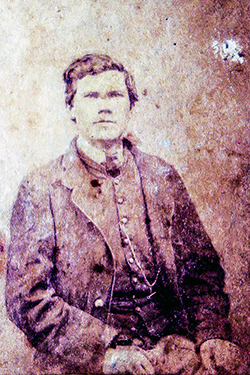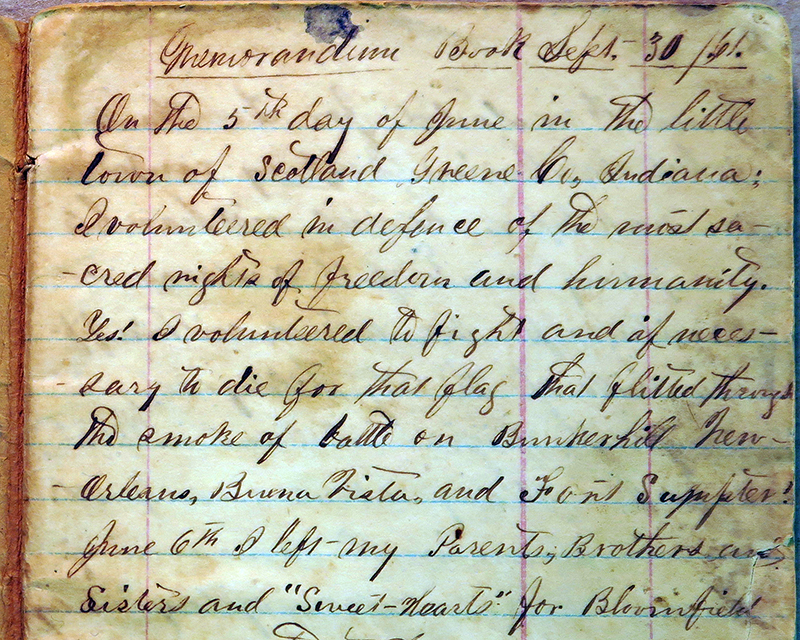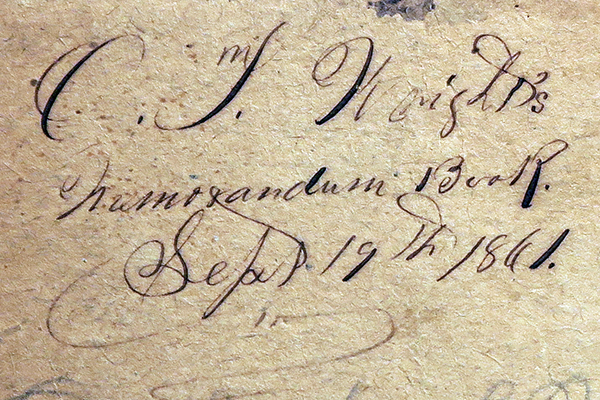For Freedom and Humanity brings to life the Civil war through the pen of a young man who experiences some of its most significant events from the early stages and through the end of the war. The 19-year-old son of a Methodist minister, Owen is among the first to answer Lincoln's call for troops. Declaring his mission to fight in defense of freedom and humanity, Owen lives on the front lines through almost the entire war.
Owen's journey starts in June 1861 with the 14th Indiana Volunteers, a rough ragtag unit that would be dubbed "the Gibraltar Brigade" by generals who admire how they stand against even the most overwhelming enemy. As part of the Army of the Potomac, Owen fights on the front lines of several significant battles and campaigns, including Cheat Mountain, Winchester, The Shenandoah Valley Campaign, Antietam, Fredericksburg, Chancellorsville, Gettysburg, and the Wilderness.
Captured at the Battle of the Wilderness just three weeks before the end of his enlistment term, Owen spends most of the rest of the war in prison camps. He is first imprisoned in Andersonville, then transferred to the less famous but equally harrowing Florence Prison. He eventually escapes from his Confederate captors, only to confront the swamps of North Carolina, where he and his companions receive help from the Lowry gang. Local militia terrorize and kill members of the Lowry family for protecting and aiding Owen and his comrades.

When he becomes delirious from typhoid, he poses a risk to his comrades as militia approach their camp in swamps. They abandon him for dead. The only one captured, he enters the historical record as the one man to blame for organizing and triggering the Lowry War, a guerilla war against Southern plantation society that continues for seven years after Lee surrenders at Appomattox. Owen's recollections provide a new perspective that was lost to history. While he might have been a catalyst, he was just a sick soldier trying to find his way back to his unit.
Meanwhile, the 9th Illinois Calvary rescues him in June 1864. With his old unit disbanded, he returns to a new unit at Appomatox after the war ends. As one of the few who witnessed and survived the entire war, his memorandum provides a unique perspective.
To provide a better understanding of the events and places about which Owen writes, I have researched and written a historical narrative, which runs along with Owen's journal entries. You are welcome to view the site as I build it. I welcome your comments and suggestions for improving the site.


